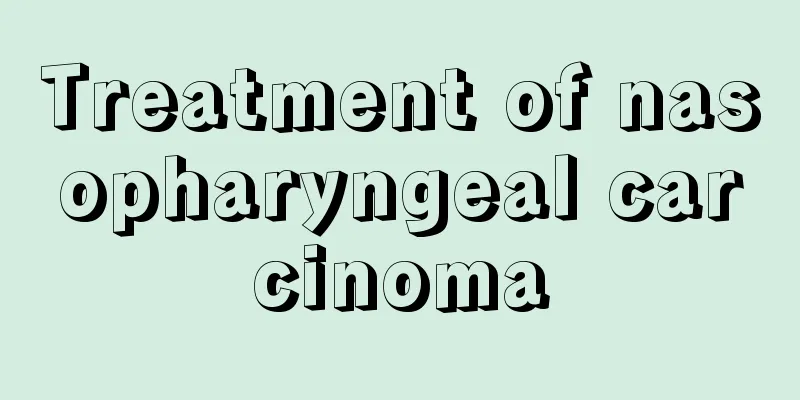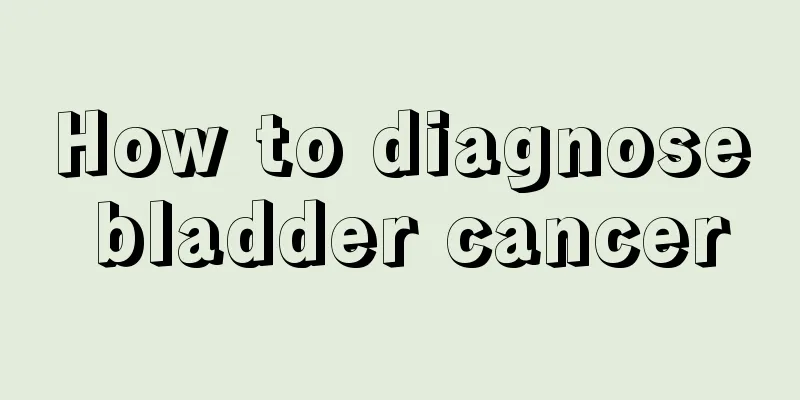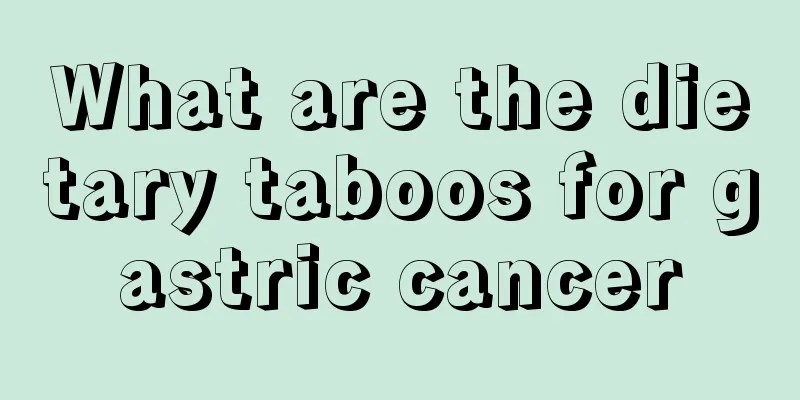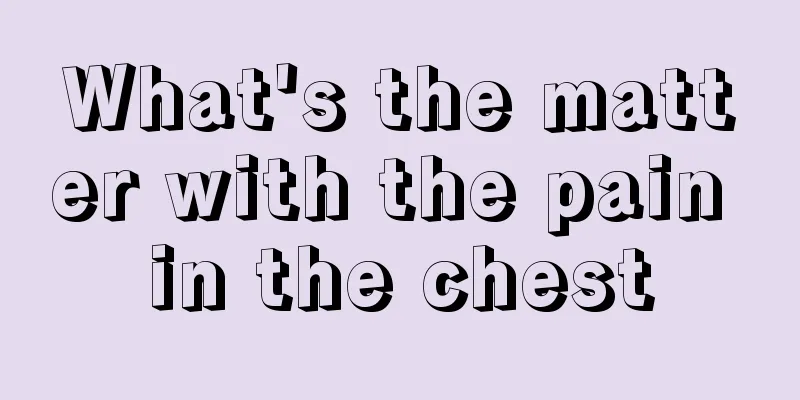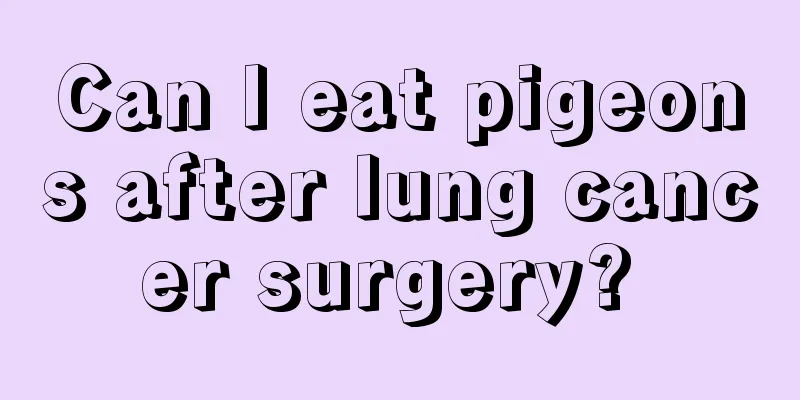What are the side effects of interventional therapy for liver cancer? Three major features of interventional therapy for liver cancer
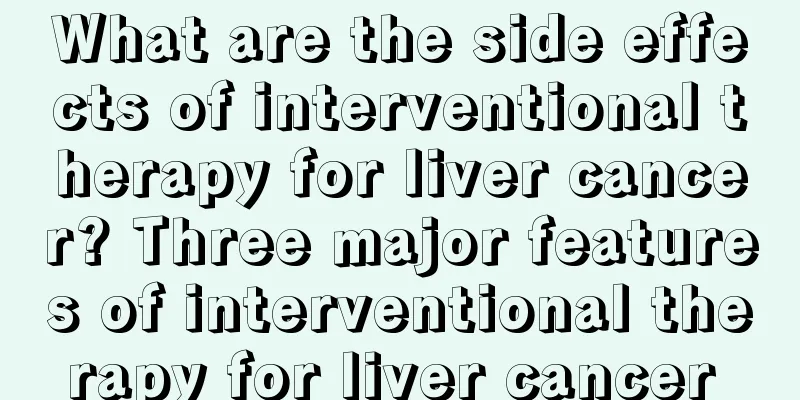
|
Interventional treatment of liver cancer is a new method for treating liver cancer, but it has certain side effects and needs to be combined with traditional Chinese medicine to achieve better treatment results. Interventional treatment of liver cancer is a new method for treating liver cancer, but this therapy has certain side effects and needs to be combined with traditional Chinese medicine to treat liver cancer in order to achieve better therapeutic effects. Interventional treatment of liver cancer uses X-ray fluoroscopy, CT positioning, B-mode ultrasound and other medical imaging equipment as a guide to pass special catheters or instruments through human arteries, veins, natural ducts of the digestive system, bile ducts or drainage ducts after surgery to reach the diseased area in the body to obtain tissue cells, bacteria or biochemical information. Angiography can also be used to obtain imaging data, thereby achieving the purpose of diagnosing the disease. The characteristics of interventional therapy are: ① small damage, safe and easy to perform; ② accurate positioning, rapid and certain effect; ③ few side effects and complications. What is commonly known as minimally invasive treatment in clinical practice is actually interventional treatment. The main side effects of interventional therapy are: 1. It still damages normal liver cells, and a few patients even develop liver dysfunction. 2. The operation is somewhat difficult. The catheter should be placed in the blood supply artery in a selective manner to achieve the best effect. However, sometimes it is difficult to enter the hepatic artery. However, some liver cancers can be supplied by multiple blood vessels. 3. Liver cancer's main blood supply depends on the hepatic artery, but the cancer mass is surrounded by the portal vein, so cancer cells can "survive in peace". 4. Some patients’ blood vessels are blocked after one treatment, making further operations difficult. 5. Even if the superselective operation is carried out smoothly, due to reasons such as high-pressure injection, it may cause accidental embolism, shunting and inevitable micro-metastasis. 6. The therapeutic effect is not satisfactory for patients with large cancer masses. 7. Patients with portal vein cancer thrombus should consider removing the cancer thrombus as appropriate. Interventional therapy can also be used to treat cardiovascular diseases, such as using balloon dilatation technology to improve mitral valve stenosis and using stent implantation technology to relieve thoracic aortic stenosis. This therapy includes rotary cutting, occlusion, thrombolysis, stents and other measures, and has been recognized as a new and reliable treatment for cardiovascular diseases. Vascular interventional therapy for tumors is divided into two types: intravascular intervention and extravascular intervention according to the site of device introduction. There are two methods: argon-helium cryotherapy and vascular occlusion (embolization). The most widely used and successful clinical method is hepatic artery chemoembolization for the treatment of liver cancer. |
<<: What are the early symptoms of lung cancer? Five clinical symptoms of early lung cancer
Recommend
How much does cervical cancer screening cost?
How much does it cost to treat cervical cancer? A...
Can skin cancer be cured if it spreads?
Skin cancer is a very scary malignant tumor disea...
Don't eat these 5 foods before going to bed
Whether you can sleep well at night, what you eat...
Symptoms of language delay
Speaking is the biggest part of our communication...
How to exercise the upper eyelid levator muscle
As people age, their upper eyelids will sag, whic...
Three signs indicate liver cancer
Liver cancer, the word sounds scary. In fact, liv...
What are the functions and uses of wine
Since ancient times, steak has been eaten with wi...
Is it uncomfortable after a painless colonoscopy?
Painless colonoscopy is a common examination meth...
What to do if you have less hair? What to do if you have oily skin?
Nowadays, society is developing better and better...
Transmission routes of uterine cancer
There are many friends around us who suffer from ...
What medicine to take for early stage nasopharyngeal cancer
What medicine should I take for early-stage nasop...
There is a big abscess on my face
When bags appear on your face, it is the most ann...
Are monk fruit and passion fruit the same?
There are many kinds of fruits that we can buy in...
Bladder cancer prevention and care knowledge
Bladder cancer is a disease that will cause diffe...
What measures should be taken to prevent lung cancer
Lung cancer is the most common primary lung malig...



